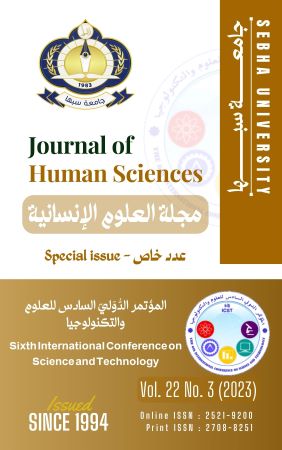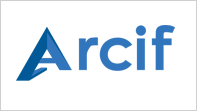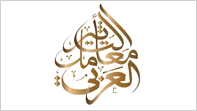The theoretical and practical problems of applying military occupation in international law
DOI:
https://doi.org/10.51984/johs.v22i3.2744Keywords:
Belligerent occupation, International law, Civilians, Armed conflicts, Legal protectionAbstract
It’s generally accepted that law in general, and international law in particular, is a reflection of the developments that occur in societies and civilizations, so they change and adapt to match the needs of individuals, and an aspect of international jurisprudence also pushes the need to abandon the classic boundaries drawn by members of the international community in the relations that unite them. The need to respond to the humanitarian necessities resulting from disasters resulting from the outbreak of various armed conflicts, whether international or non-international, was the emergence of what is termed humanitarian intervention through which some countries aim to protect the rights of victims of armed conflicts through military intervention in the battlefield, It is the same logic to which a number of jurists are subject, who believe that the occupying state can transgress its obligations towards the occupying state when military necessity requires it, or when it is a radical response to protect human rights in the occupied state. This paper deals with the issue of the prevailing ideological dispute over the issue of the legitimacy of belligerent occupation, and the parameters that delineate its limits in light of the scarcity of legal texts that address this issue, and thus presents the echo of the transcendent voices calling for the need to develop this concept in a pragmatic manner that responds to the basic righ of individuals.
Downloads
Downloads
Published
Issue
Section
Categories
License
Journal of Humanities Policy on Intellectual Property and Plagiarism
1. Commitment to Intellectual Property and Ethics
The Journal of Humanities (JOHS) is fully committed to respecting intellectual property rights and aims to protect the originality and authentic work of authors who submit their manuscripts for publication. The journal takes a firm stand against articles that contain any form of plagiarism and emphasizes the need for all researchers to adhere to the highest ethical standards in scientific research.
2. Anti-Plagiarism Policy
The journal considers plagiarism a serious violation of academic ethics. Therefore, authors must ensure that their work is original and not plagiarized, and that any use of external sources is properly cited and documented according to correct academic standards.
-
Actions Taken: In the event that any plagiarism or academic theft is discovered in a submitted article, the editorial board will contact the author to request a formal explanation within a maximum period of two weeks from the date of notification.
-
Investigation and Decision: After receiving the explanation, the article will be referred to the journal's specialized committees, which will investigate the matter and take the necessary measures, which may include the permanent rejection of the article and the imposition of disciplinary actions.
3. Publication License and Author Rights
The journal adopts the Creative Commons license type Attribution-NonCommercial-NoDerivs 4.0 International (CC BY-NC-ND 4.0), which allows for the following:
-
Attribution: Users are entitled to cite the content published in the journal and use it in their work, provided that the original source and author are clearly credited.
-
Non-Commercial: The published content may not be used for any commercial purpose.
-
NoDerivs: It is not permitted to make any modifications, distortions, or to build derivative works from the published content.
Under this license, authors are required to complete an exclusive license agreement for the journal. Authors retain the rights to their research data and may reuse and share their work for scientific purposes with proper citation.







